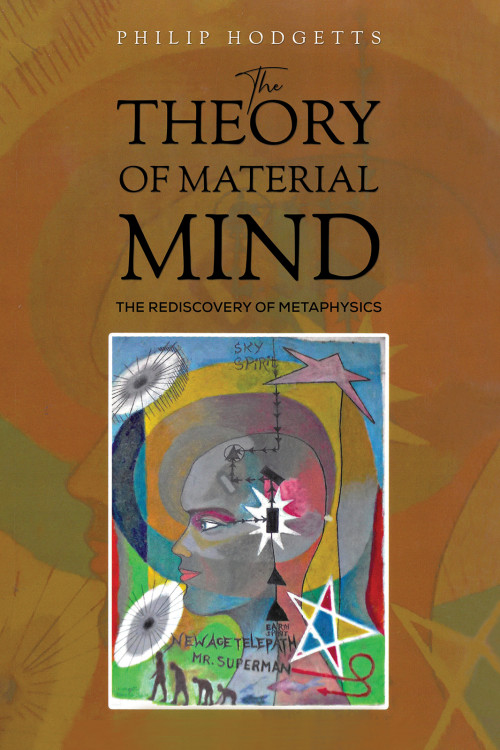
By: Philip Hodgetts
The Theory of Material Mind
Book Format: Choose an option
Free standard delivery on UK orders over £35
*Available directly from our distributors, click the Available On tab below

By: Philip Hodgetts
Book Format: Choose an option
Free standard delivery on UK orders over £35
*Available directly from our distributors, click the Available On tab below

Philip Hodgetts started his working life in the electronics industry and trained in telecommunications but switched to fine arts a few years later and is now a fully qualified practising visual artist. He studied art at Goldsmith’s College School of Art and was awarded an honours degree.
Philip has always been interested in the paranormal and his belief in telepathy was confirmed at age 17 when he had a clear telepathic communication with his mother. He was also fascinated by the symbolism of astrology – magic – despite his technological background, and his theory contains a watertight logical proof that there is a measure, at least, of truth in astrology.
In 1974, Philip left his job teaching art at Goldsmith’s to live in his studio and deal in antiques. It was at this point that he began to get his first low-level manifestations of paranormal activity. These took the form of clicking noises emanating from the furniture which could have been due to temperature changes, but which he rapidly concluded were psychokinetic in origin. During the next 30 years or so, these minor manifestations grew into extremely dramatic and varied forms, and he began to take notes and think seriously about their origin. Philip gradually began to see connections and a distinct pattern emerged from which he developed his theory.
The raw material of Philip’s theory theory, his own experiences, were utterly fantastic and included visits from ancient Greek philosophers and a seven million-year-old hominid; the discovery of and visits to the afterlife, contacts with long dead famous personages, the possibility of resurrection of the departed, teleportation and travelling in time.
His final discovery, the root and cause of the phenomena, was the ‘god within’, a powerful, purposive intelligence which animates the unconscious and whose nature and function are to supply enthusiasm and feeling to the organism. The nature of the god within is essentially good though it can be very mischievous as is shown in the book. The existence of the god within was discovered, he believes, by the ancient Greeks and their word for it was ‘enthousiasme’, which means, of course, enthusiasm, the god’s chief characteristic. The word is derived from the ancient Greek, ‘en thous’, which means ‘to be possessed by a god’.
We use cookies on this site to enhance your user experience and for marketing purposes.
By clicking any link on this page you are giving your consent for us to set cookies